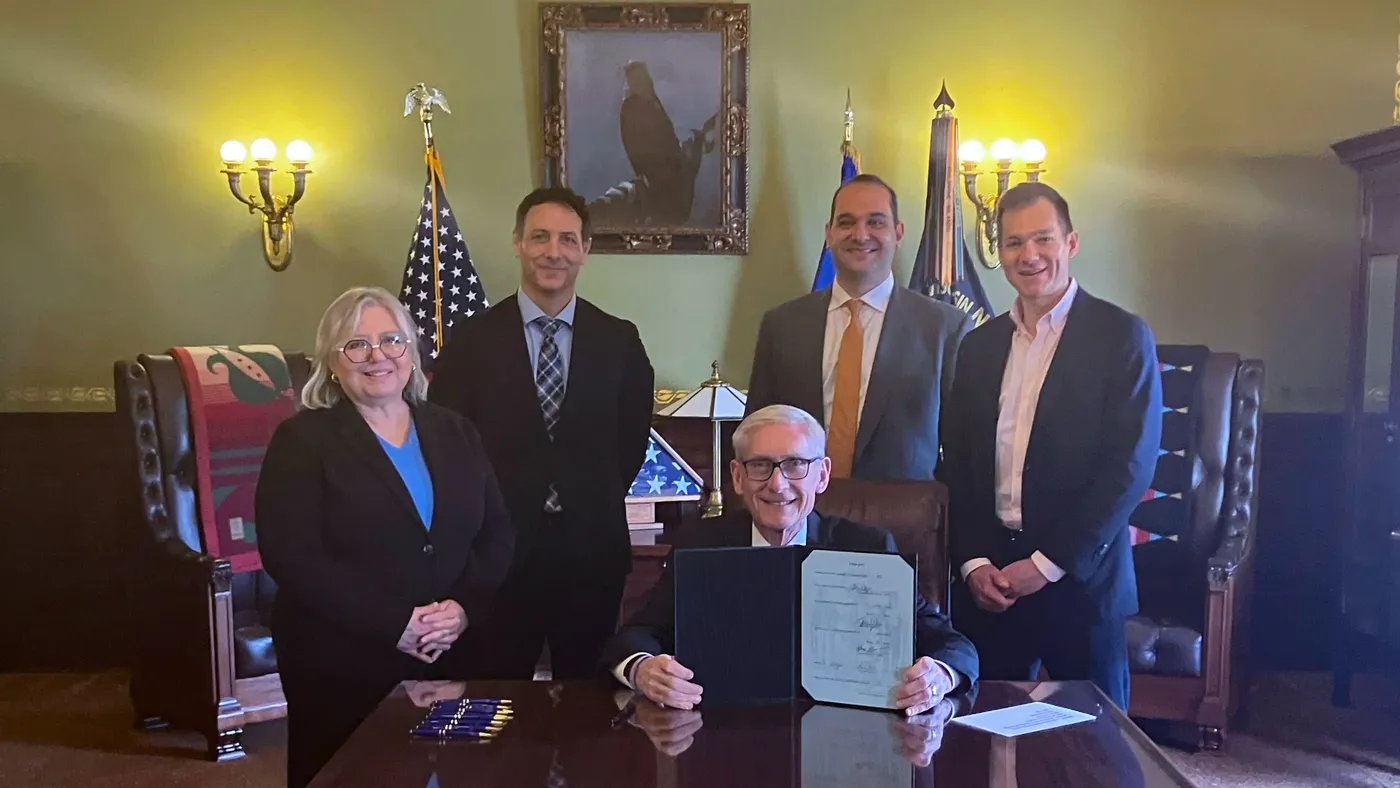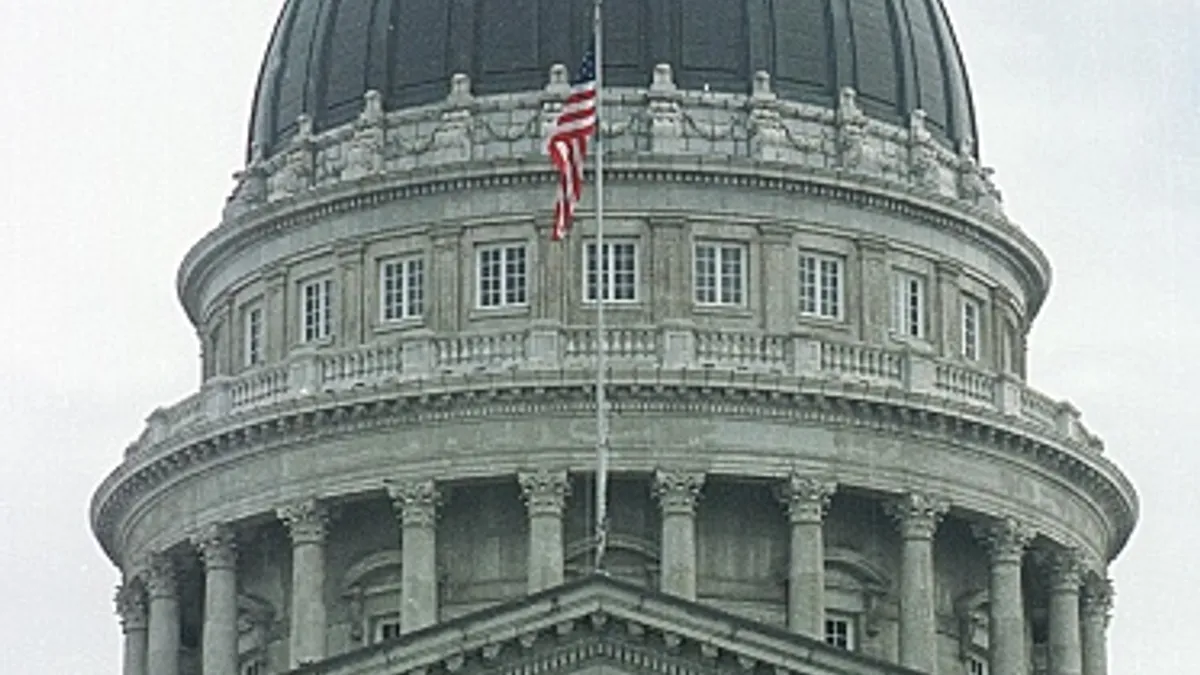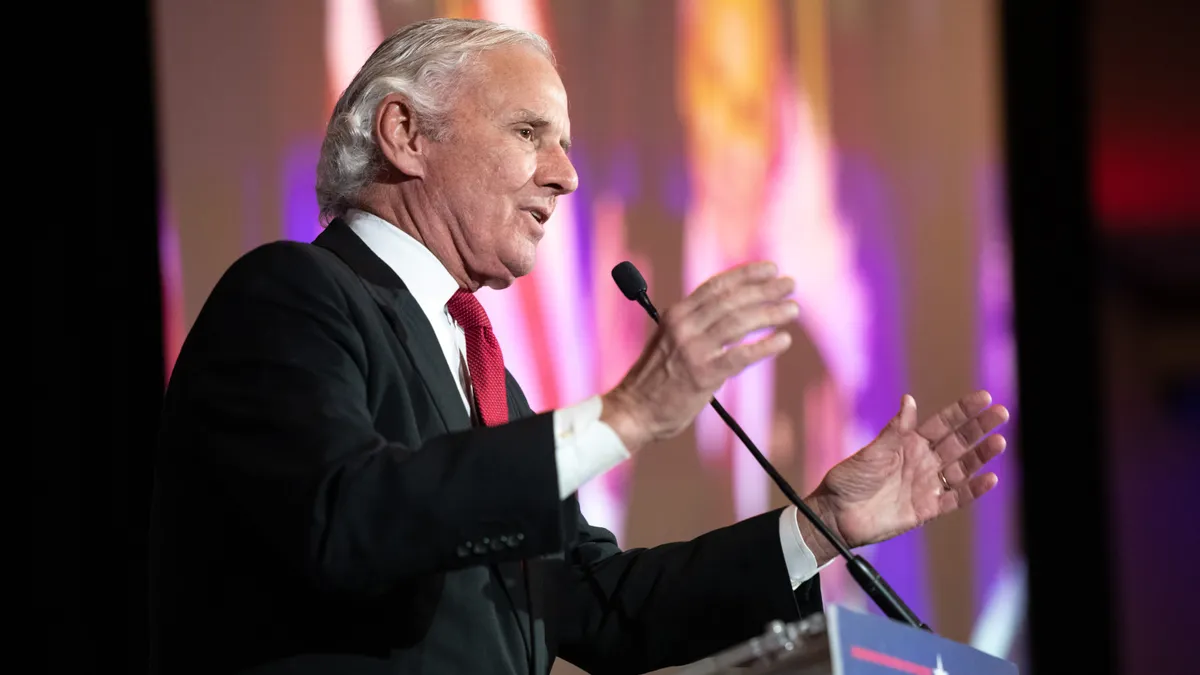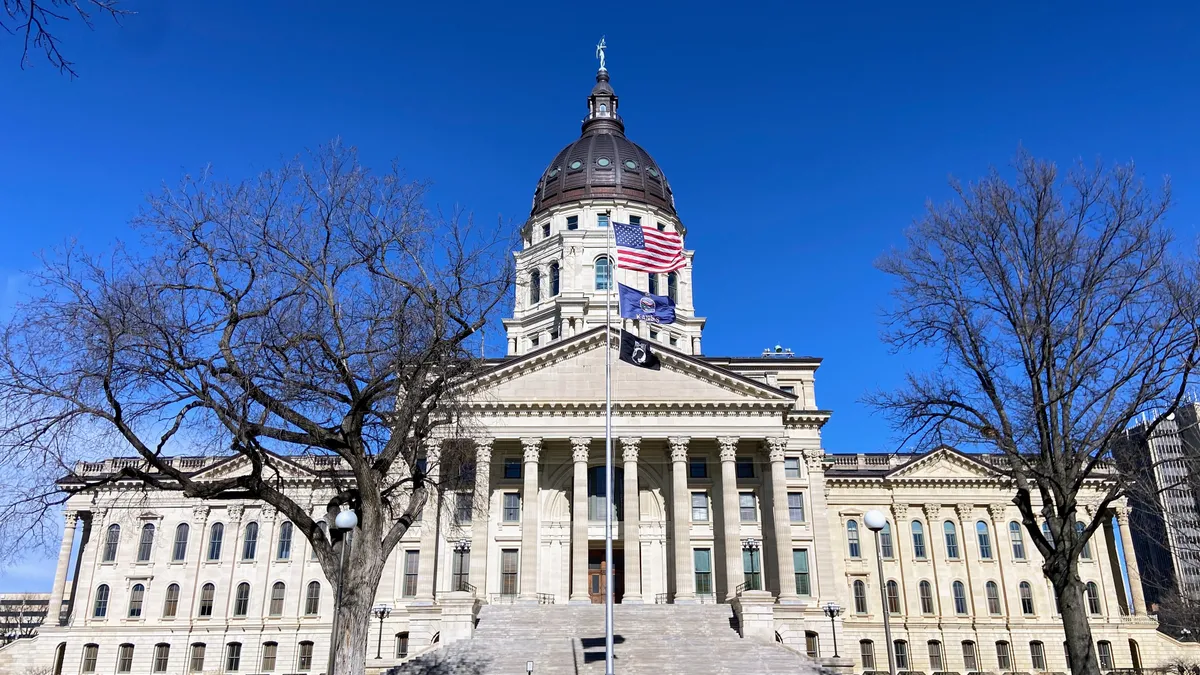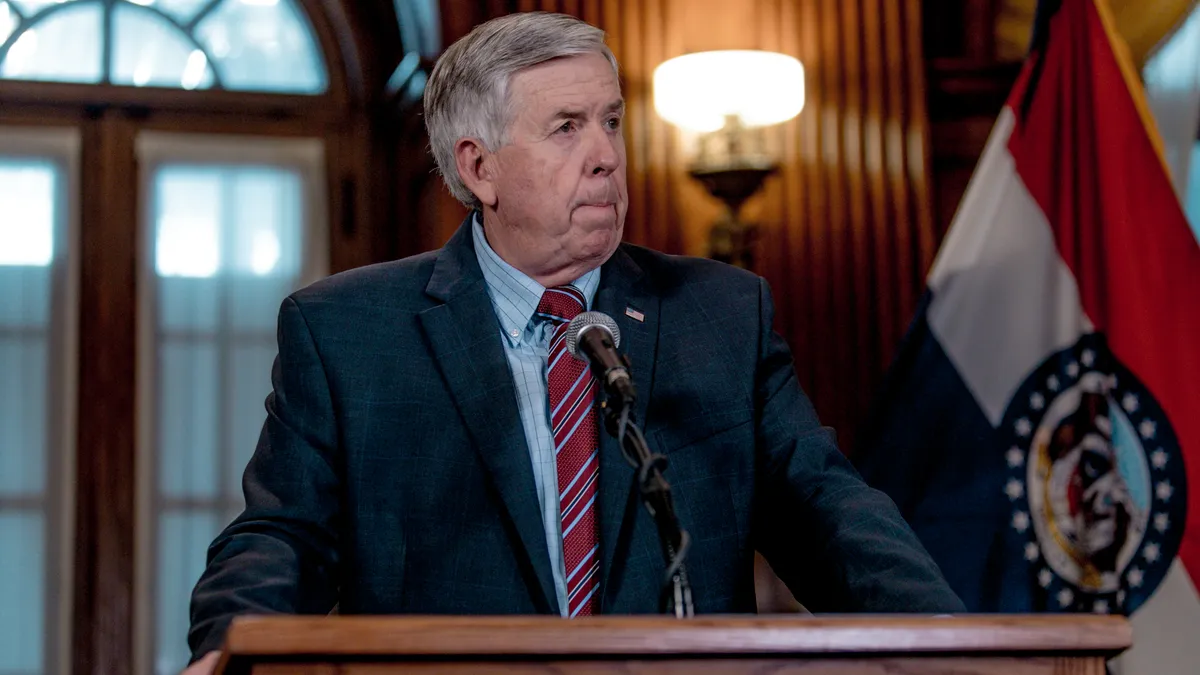States began passing laws that were friendly to the earned wage access industry last year, with five being enacted, and more bills are pending in state legislatures across the country.
Earned wage access is attracting legislators’ and regulators’ attention as employees increasingly make use of this new payments tool that lets workers tap their earned wages before a regularly scheduled payday. There are dozens of EWA providers, including DailyPay, Payactiv, EarnIn and Clair, feeding the trend, now making such early pay available to millions of U.S. workers, mainly those who are hourly.
The industry has largely backed the state laws and bills that call for oversight in the form of EWA providers registering with the state and meeting certain annual reporting requirements. Importantly for the industry, the laws don’t treat EWA providers like lenders.
The Consumer Financial Protection Bureau countered that state legislative trend when it issued an interpretive rule last month that said existing laws require EWA providers to abide by U.S. lending laws, including the Truth in Lending Act. It was a position that some states, including California’s regulators, have endorsed.
The new federal stance in the form of the CFPB rule proposal wasn’t a welcome development for trade groups, including the American Fintech Council, that have backed the state legislative efforts. To that end, the council and others objected to the CFPB’s proposal in public comment letters submitted this month.
EWA providers will press on with their the state legislative agenda backing state bills that do not call for EWA payments to be treated like loans, the council’s CEO, Phil Goldfeder said in an interview this month, arguing millions of workers have come to depend on the earned wage access payments in their current form.
Bills have been pending this year in Florida, Georgia, New York and Washington, among other states, according to the council. As lawmakers and EWA providers continue to grapple with crafting oversight for the nascent industry, this tracker will follow the states’ legislative efforts, and how they track with federal regulation.

